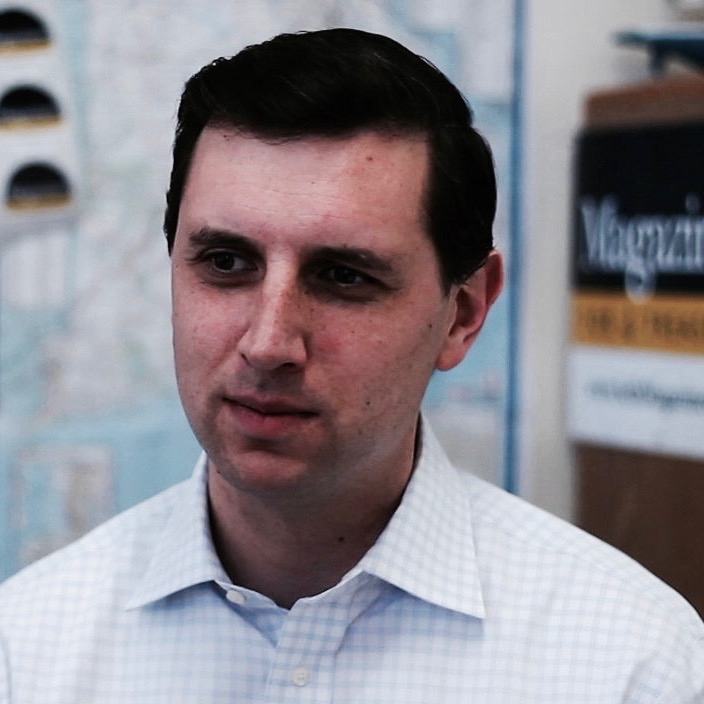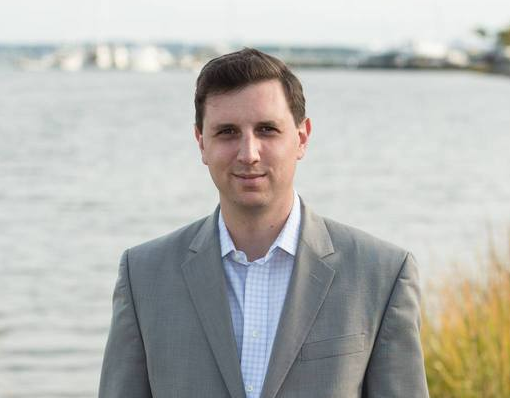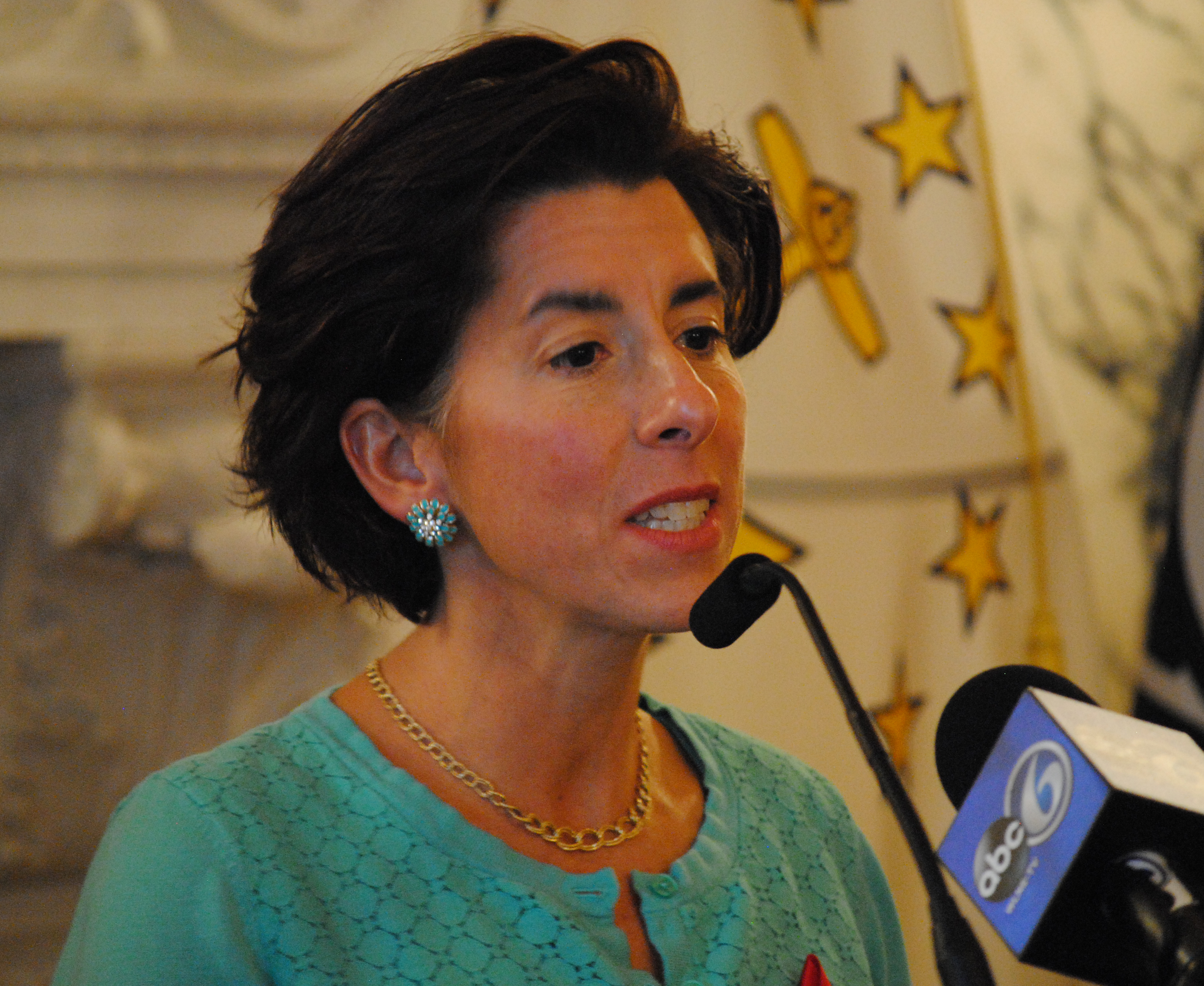 When Seth Magaziner ran for General Treasurer in 2014, he promised that his top priority would be putting Rhode Island’s ailing pension funds in a better position by securing higher returns on investment at the lowest practical risk.
When Seth Magaziner ran for General Treasurer in 2014, he promised that his top priority would be putting Rhode Island’s ailing pension funds in a better position by securing higher returns on investment at the lowest practical risk.
I spoke to Seth this afternoon about his new plan for the pension funds which was unanimously approved today by the State Investment Commission.
The state’s public pension funds currently hold around $7.6 billion of which about $1.1 billion has been invested in so-called “hedge funds” that were originally intended to provide investors with good returns and security.
However, as numerous reports have shown, hedge fund performance hasn’t matched hedge fund promises, except perhaps for their managers who have become billionaires while handling other people’s money.
Searching for alternatives, the Treasurer’s office conducted months of research and consultation with financial experts. They also ran “thousands of models and projections” to come up with a better way to get better returns on investment without undue risk.
The result was announced by Seth today – a “Back to Basics” plan to move about half of the money the state has invested in hedge funds – around half a billion dollars – into safer, better investments such as low-fee index funds.
This will take place over the next two years.
I asked Seth to talk about the challenges of coming up with such a plan, such as public impatience with the pace of change.
“When you’re moving this much money,” he said, “You have to do it in an orderly fashion.” He said making such changes was “like steering an aircraft carrier – you can’t turn on a dime.”
Then there is the matter of exit fees involved when leaving investment vehicles such as hedge funds. “We wanted to make sure we avoided early redemption fees” which in some cases could be significant.
The other factor requiring a careful, deliberate approach is the need to find solid investment alternatives.
I told Seth that the dream of many people, me included, is to see pension fund money used to create local jobs and businesses. But I acknowledged the fact that pension law doesn’t really allow that to be a major pension fund priority.
Seth pointed out that the first duty of any pension trustee is to secure the best rate of return for beneficiaries with the least risk.
That said, among the alternatives they’ve explored are funds that invest in infrastructure. He noted the infrastructure investment market is very “hot” at the moment so the cost of buying in is high. Of course, the basic rule of investing is “buy low, sell high” not vice versa, so timing is a key issue.
Rhode Island has used its pension funds’ proxy voting rights to join with other public pension funds around the country to support shareholder resolutions against excessive executive pay and other abusive corporate practices. These pension funds control millions of shares so they carry some weight at corporate annual shareholder meetings.
The state pension fund is no longer in crisis as it was six years ago. Since Seth took office two years ago, the fund has run in the black for the two years, earning more than $390 million and beating the fund’s goal.
Rather than give back so much to hedge funds, the “Back to Basics” plan should reduce costs while boosting earnings while taking a cautious, prudent approach to risk.






 This begs the question: when will General Treasurer Seth Magaziner do likewise?
This begs the question: when will General Treasurer Seth Magaziner do likewise?



